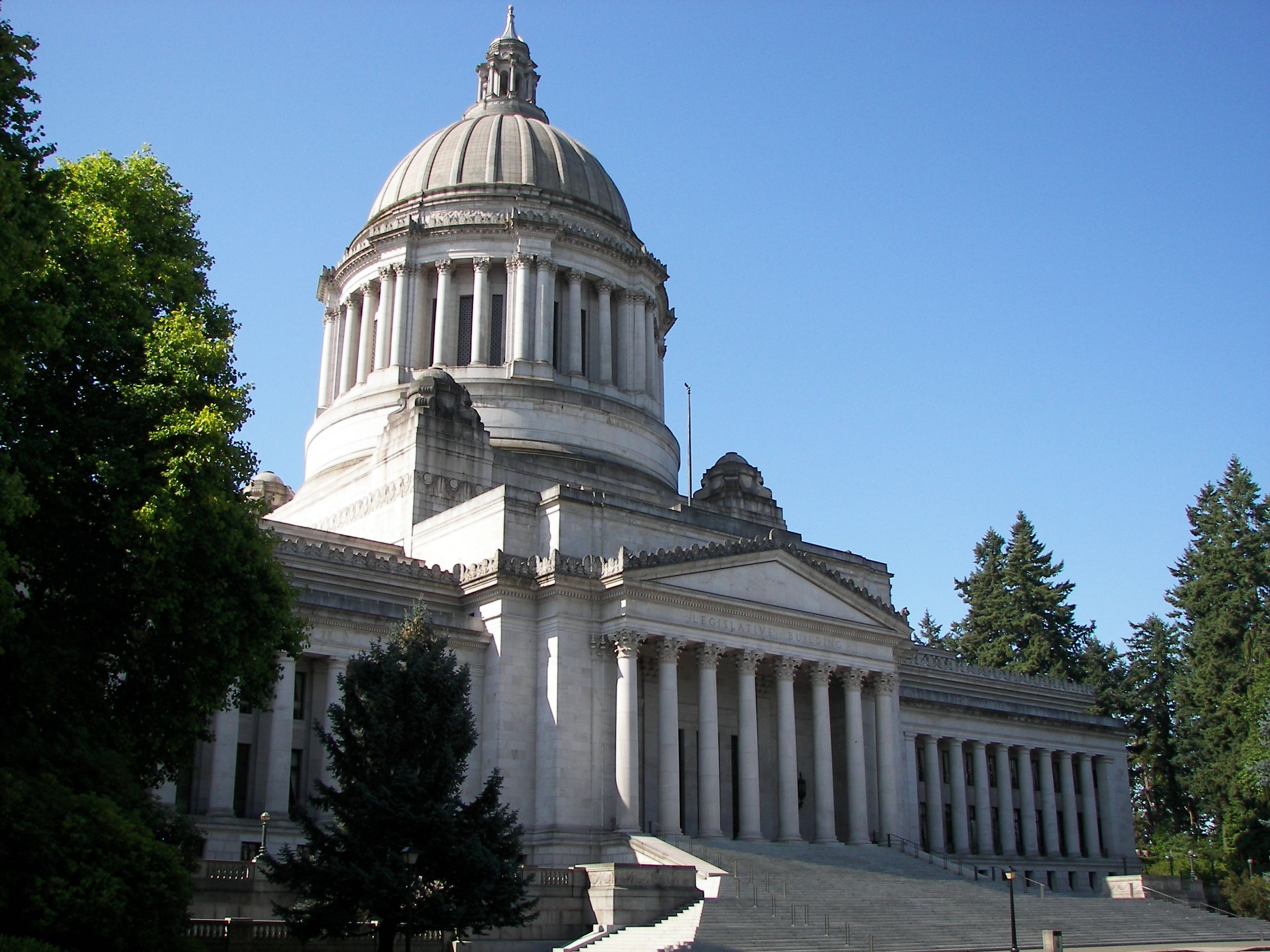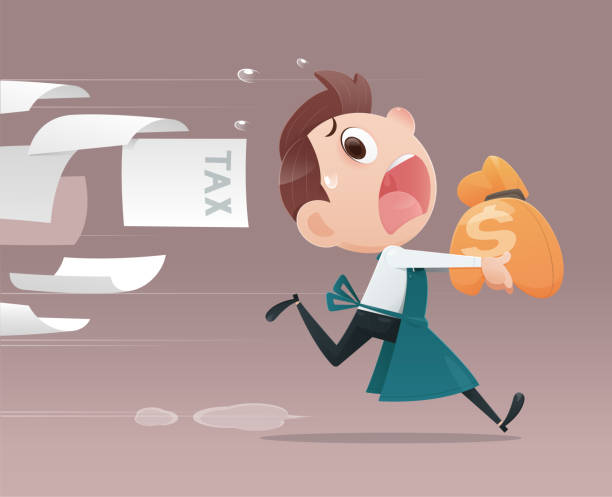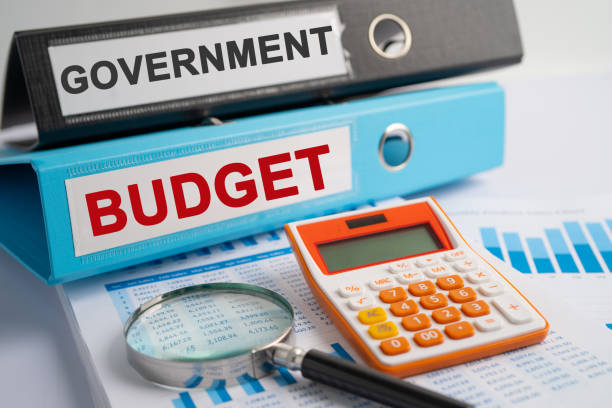With record revenue increases and Americans being hammered by 40-year high inflation costs, states across the country have been responding with what some governors have boasted as being the “largest tax cut in state history.” These big tax cuts have been happening regardless of political control in red, purple, and blue states. Route Fifty described the national tax cut express this way:
"Tax cuts, tax cuts, tax cuts. Everyone in state capitols is talking about tax cuts these days, as elected officials facing voters this fall try to curry favor with a restless electorate."
Though most states have pursued broad tax cuts, that was not the case in Washington this year. Despite a $10.5 billion increase in revenue, Governor Inslee and the majority party in the legislature passed on the opportunity to provide broad-based tax relief in 2022, opting instead to massively increase state spending. The only tax relief of note adopted by Washington lawmakers this year was a $13 million increase in the B&O exemption for small businesses (targeted low-income tax credit is also scheduled to begin in 2023).
Explaining why he didn’t support broad-based tax relief, Governor Inslee said:
“I’m not sure in the middle of a pandemic, in the middle of a mental health crisis, in the middle of a homelessness crisis, in the middle of an educational crisis caused by our kids’ learning loss during COVID, that it’s really the right moment to be doing big tax cuts.”
Washington’s unwillingness to provide citizens broad tax relief was not shared by other Democratic trifecta states (majority control of legislature and governor’s office). Here are the major tax relief policies enacted or under active consideration in the 13 other Democratic trifecta states (data reported by state revenue departments or the governor’s office):
California
- “Direct stimulus checks going into people’s pockets and direct relief — that’s meaningful.” - Governor Newsom.
- $400 gas tax rebate per registered vehicle (proposed by Governor).
- Last year $12 billion in direct checks were distributed to individuals through the Golden State Stimulus Act.
Colorado
- “These tax cuts and refunds are a strong sign that Colorado’s economy is roaring back, I’m excited that Coloradans will get another income tax cut and refund that Coloradans can put toward bouncing back from the pandemic, a night out, or groceries.” - Governor Polis.
- Income tax rate reduced, and sales tax rebate provided in 2021 due to state revenue exceeding spending limit triggering automatic refunds.
- Additional automatic tax reductions are expected to be triggered again in 2022.
- Property tax assessment rate reductions.
Connecticut
- “Connecticut’s fiscal health is stronger than it’s been in decades, and now we can move toward the next phase of the Connecticut comeback – cutting taxes for the people who live here.” – Governor Lamont.
- A Series of tax cuts will provide approximately $336 million in relief for Connecticut residents.
Delaware
- “My hope is these direct payments will provide some measure of relief for Delaware families who are dealing with higher costs at the grocery store and the gas pump. These direct payments to Delaware families are part of a broader, responsible budget proposal.” – Governor Carney.
- $300 rebate per taxpayer.
Hawaii
- “$250 million [tax rebate] is a good investment at this time. People are continuing to struggle with the high gas prices and the cost of living.” - Senate Ways and Means Chair Donovan Dela Cruz.
- $300 rebate per taxpayer under consideration by Democratic legislative leadership.
Illinois
- "Our plan delivers more than $1.8 billion in tax relief to Illinois residents, adds $1 billion to our state's long-depleted Rainy-Day Fund, and doubles down on our efforts to make unprecedented investments in public safety.” – Governor Pritzker.
- $1.8 billion in tax relief for individuals and families.
Maine
- “This proposal will help Maine people grapple with these increased costs by putting money directly back into their pockets.” - Governor Mills.
- $850 rebate per taxpayer proposed by Governor.
Nevada
- Several targeted tax credits but no broad relief.
New Jersey
- “This program will provide direct property tax relief to households regardless of whether they own or rent. While the state does not set property taxes, we believe that we must take action to offset costs and make life in New Jersey more affordable.” – Governor Murphy.
- $900 million in property tax relief proposed by Governor.
New Mexico
- “New Mexicans, like all Americans, are feeling the pressure of rising costs. Coupled with the state’s robust current financial situation, there is no reason we shouldn’t be taking every action to cut costs for New Mexican seniors, families and businesses – and today, we are doing just that.” - Governor Grisham.
- Business Gross Receipts tax rate reduction.
- $250 per taxpayer income tax rebate.
- An additional $500 rebate per taxpayer is under consideration by Democratic legislative leaders in a special session.
New York
- “This Budget provides much-needed tax relief for thousands of small businesses and millions of New Yorkers and reduces the tax burden for those who need it most." - Governor Hochul.
- $2.2 billion in one-time property tax rebates.
- $162 million in income tax relief.
Oregon
- Income tax rebate for all filers due to “kicker” refund law being triggered by $1.9 billion surplus.
- $600 rebate for anyone who received an Oregon Earned Income Credit.
Rhode Island
- Several targeted tax credits but no broad relief.
One interesting thing to note about Oregon and Colorado, both states have requirements in law for automatic tax refunds if revenues exceed a certain percentage of growth. This policy guarantees that large increases in revenue aren’t automatically baked into future baseline spending and taxpayers are returned some of the substantial revenue growth automatically.
Tax cut policy in Washington is very different, however, as noted by the Seattle Times:
"The absence of taxpayer relief in a year of a $15 billion budget surplus — and inflation at 40-year highs — strongly indicates that the current power players simply don’t care to cut. Ever."
If Washington ever was going to provide substantial broad-based tax relief this was the year. Shockingly, the Senate majority leadership couldn’t even find the time (or will) to hold a public hearing on the bipartisan sales tax cut bill (SB 5932) prime sponsored by Senate Democratic Majority Caucus Vice-Chair Mona Das.
Sen. Das said about SB 5932 in a press release:
“Thanks to our federal, state and local leaders’ careful stewardship during this pandemic – and the public resilience throughout our communities – we are in a strong place financially. We should seize this opportunity to live up to our values of a full, equitable recovery and reduce the sales-and-use tax that burdens lower- and middle-income families . . . We need to take a serious look at tax relief for all working Washingtonians. And this is the year to do it.”
As noted by Senator Das, this was the year for broad-based sales tax relief, but her bill couldn't even get a public hearing.
Given the inability of the majority party in the legislature to prioritize broad-based tax relief despite more than $10 billion of revenue growth, it may be time for Washington to consider adopting a similar automatic tax rebate requirement as utilized by Oregon and Colorado.
Additional Information
The case for a Washington sales tax cut
Tax Foundation: State Legislatures Take Up Tax Reform and Relief in 2022






